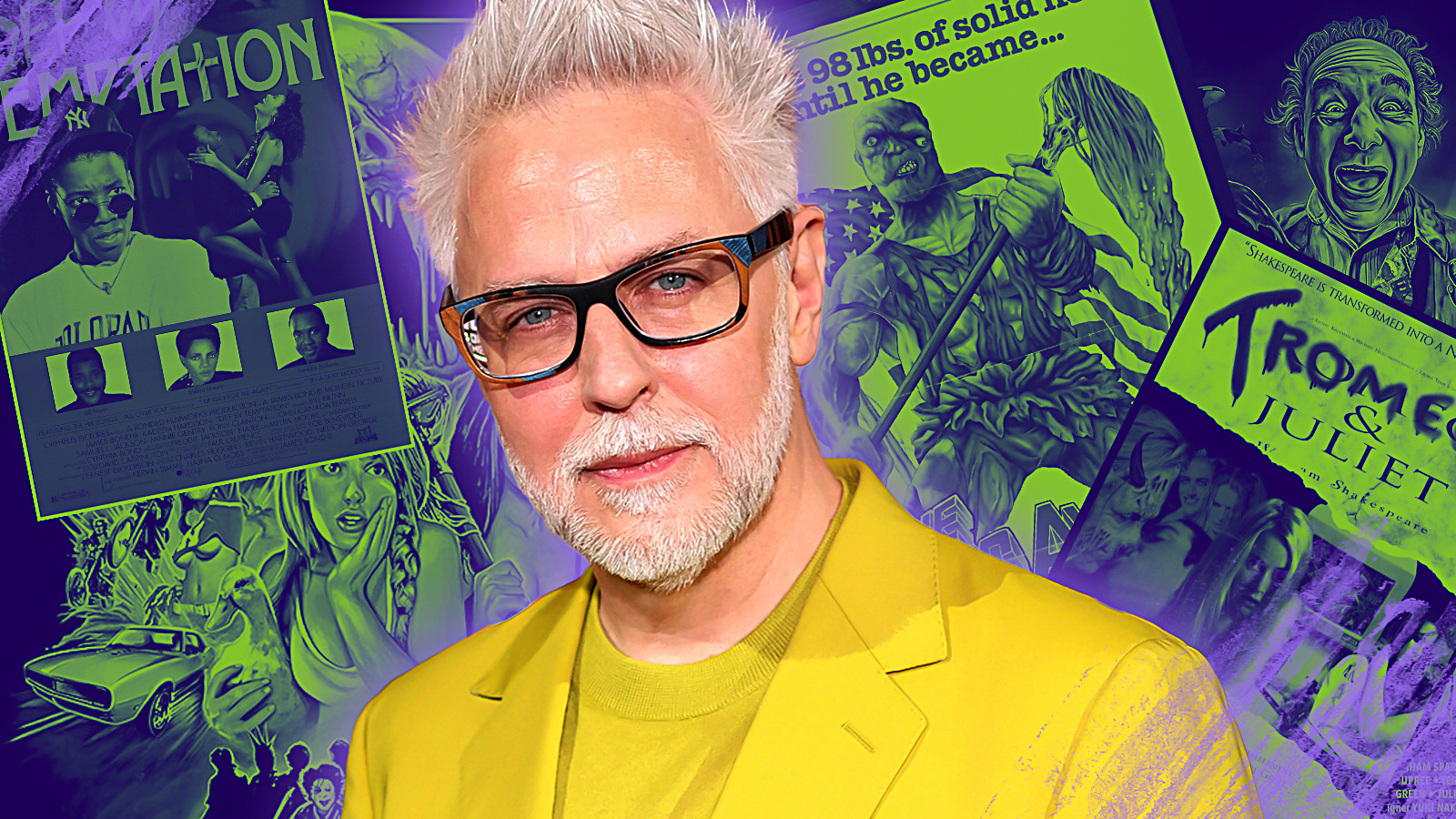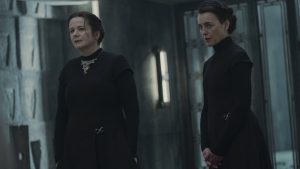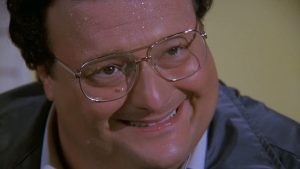
James Gunn, the man steering the ship at DC Studios, has a monumental task ahead of him. As the co-CEO and co-chairman alongside Peter Safran, Gunn is at the helm of the newly envisioned DC Universe, with his highly anticipated “Superman” reboot set to be the spark that ignites this ambitious project. Featuring David Corenswet in the lead role, this film needs to resonate with audiences quickly, especially as numerous DC characters are slated to enter the public domain within the next couple of decades.
Gunn’s earlier ventures, like “The Suicide Squad,” revealed his distinctive take on DC’s characters, setting him apart from the stringent frameworks typical of the Marvel Cinematic Universe. While his “Guardians of the Galaxy” films are cherished for their vibrant flair, the freedom Gunn now enjoys over the entire DC Universe provides him with a unique opportunity to craft films that reflect his vision and allow other creators to do the same.
While some critics express dissatisfaction with Gunn’s leadership in superhero cinema, he might be one of the few directors capable of executing the job while remaining faithful to the source material. His journey began at Troma Entertainment, where the rebellious and unconventional spirit of that studio still influences his work today. Working with Troma taught him vital skills for filmmaking—primarily how to adapt and create with limited resources while maintaining a sense of humor about the genre.
Gunn’s formative experience at Troma was nothing short of a crash course in filmmaking. He started his career with a mere $150 to pen a new take on “Romeo and Juliet,” later earning the title of associate director alongside Troma’s head, Lloyd Kaufman. His candid recollection of this process reveals a deep commitment to learning on the job, with his first steps involving replicating existing screenwriting formats to hone his craft. The lessons he embraced at Troma have undeniably shaped his perspective, enabling him to produce films driven by character rather than merely following a plot.
Indeed, Gunn’s storytelling often revolves around outsiders navigating through life—his narratives resonate with themes of vulnerability and resilience. Whether it’s addressing redemption in his “Dawn of the Dead” remake or exploring a love triangle in “Slither,” Gunn’s ability to merge genre elements with intimate storytelling has attracted a dedicated following. This approach has redefined what audiences can expect from superhero films, particularly through his success with lesser-known Marvel characters in “Guardians of the Galaxy” and the unique charm found in “The Suicide Squad.”
What sets Gunn apart is his unwavering love for superheroes—his body of work reflects both reverence and critical analysis of the genre. Far from disparaging the superhero narrative, his films like “The Specials” and “Super” twist and turn through familiar tropes, critiquing them with genuine affection. His deep comprehension of both Marvel and DC’s histories, coupled with an absolute ardor for storytelling, makes him an ideal candidate to oversee future DC projects.
However, some remain apprehensive about Gunn’s expansive role, fearing he may remain locked in the superhero sector or that his irreverent style may not resonate with traditional fans. Even so, the reality is that superhero films are here to stay, and having someone with Gunn’s passion and insight at the helm could result in more meaningful storytelling in this saturated genre.
Gunn’s leadership is akin to handing the keys of the comic book universe to a genuine enthusiast—someone who won’t stifle creativity but rather encourages diverse storytelling. He recognizes the value of independent narratives, promised through “Elseworlds” projects that allow filmmakers to explore different takes within the DC realm, an approach illustrated by Todd Phillips’ “Joker: Folie à Deux.” By adopting a less controlling stance, Gunn means to broaden the horizon for unique superhero narratives, enhancing the landscape for writers and filmmakers.
Gunn’s dedication to uplifting writers reflects his early experiences and understanding of storytelling’s significance, ensuring that audiences will benefit from a fresh perspective in superhero cinema. Overseeing DC’s cinematic future, he stands to create a rich tapestry of diverse stories, demonstrating his belief that superhero films can be both entertaining and deeply human. As he prepares to unveil “Superman,” hitting theaters on July 11, 2025, fans can look forward to a hopeful era under his guidance.



